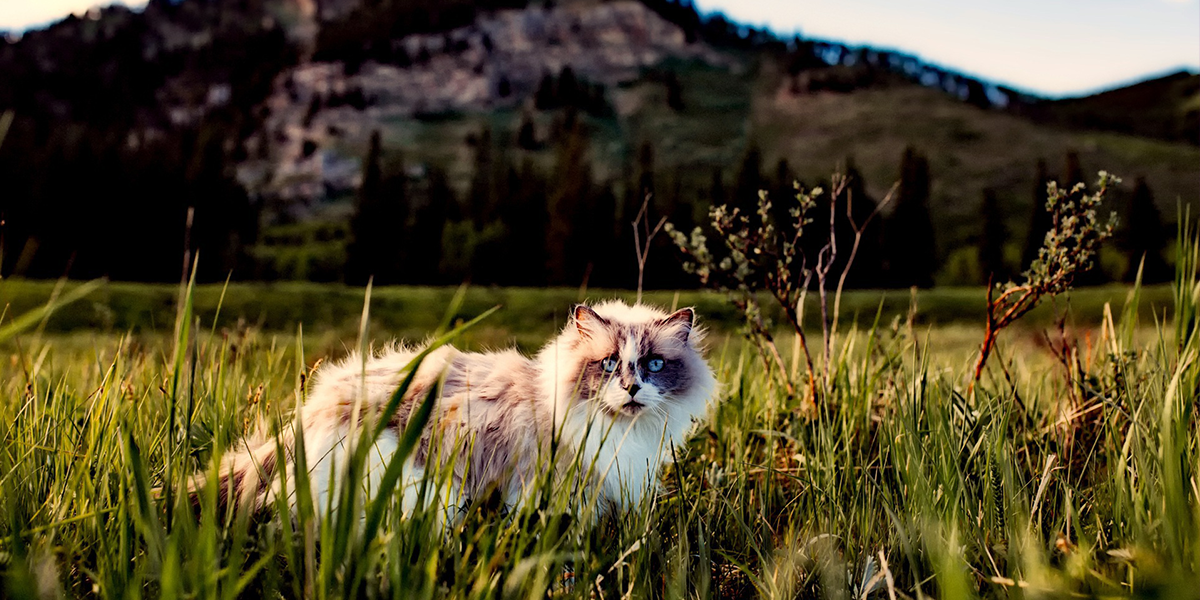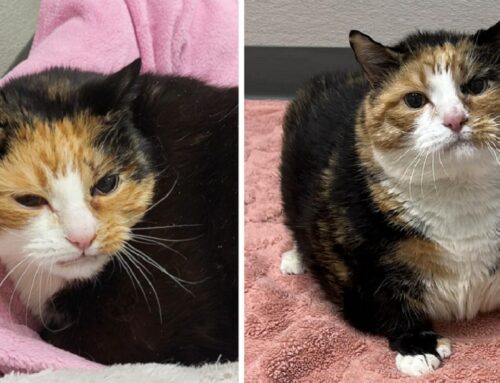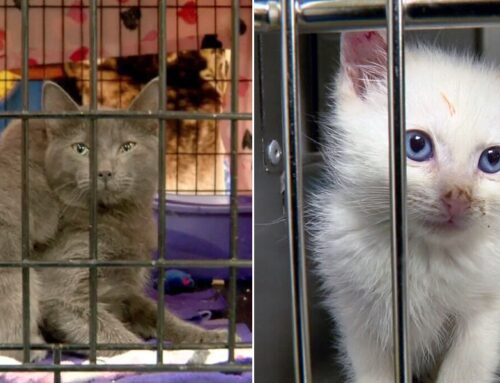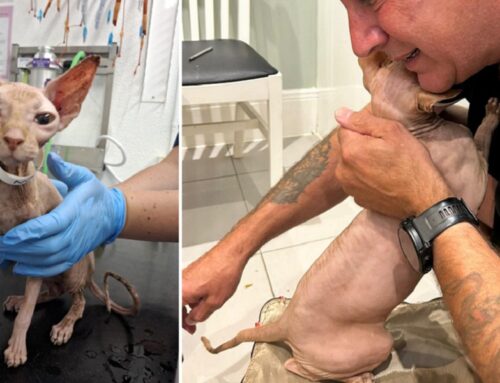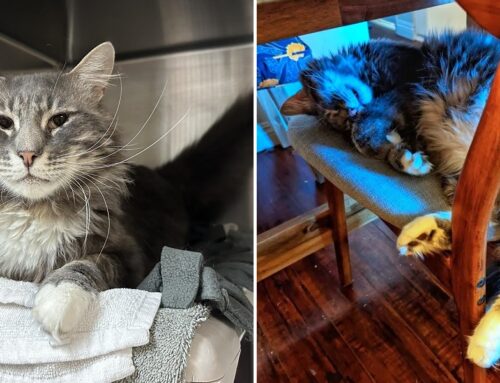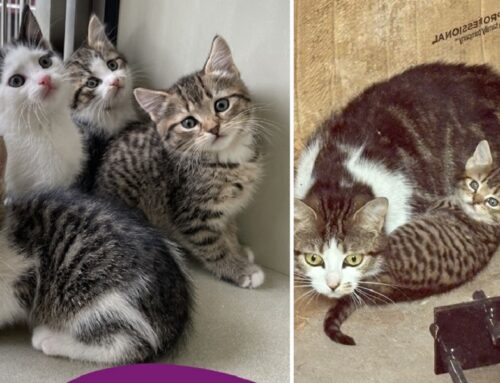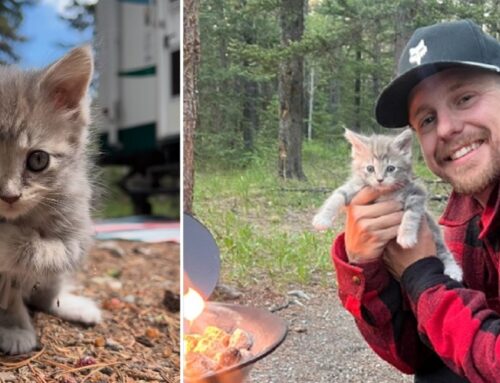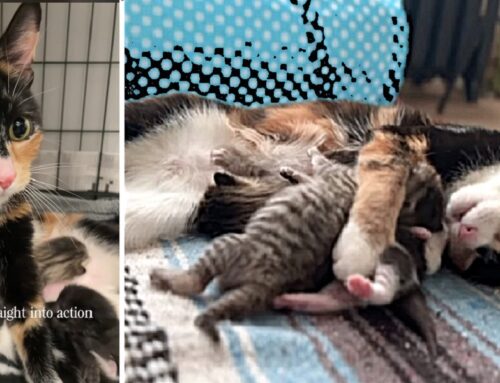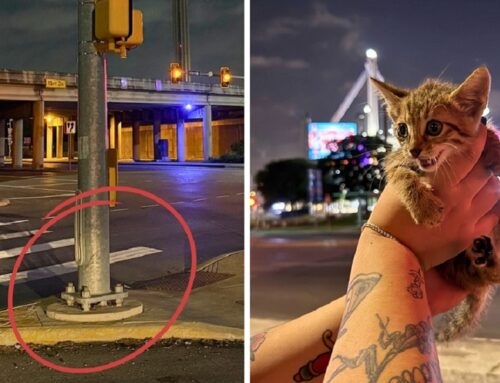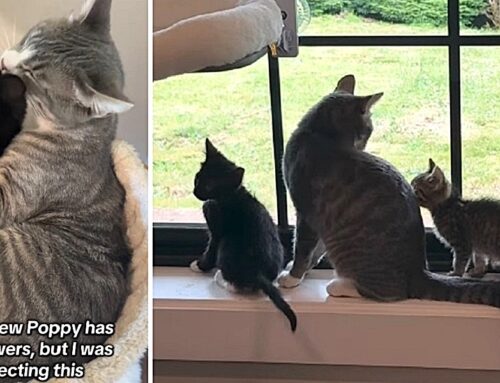News of cat hunting from New Zealand ranks among the more disturbing stories we’ve seen. There was a competition for kids under 14 to kill feral cats and other animals. It’s difficult to understand how this could happen at all, but fortunately, cats were removed from the North Canterbury Hunting Competition. It would have run from April 15 to late June, but cat hunting stopped after several days.
Kids winning a cash prize for killing cats or any other animal is just not something we can wrap our heads around. One “winner” could win a motorbike worth $4600. Gross.
To animal lovers like us, it’s like a version of The Hunger Games meets Lord of the Flies. Although the victims are animals, we view pets as family and love all animals. Needless to say, we would never encourage a child to kill a cat and cringe at the thought of kids harming any animal.
“The North Canterbury Hunting Competition, an annual pest-killing event on New Zealand’s South Island that raises money for a local school and swimming pool, announced a brand-new category this year, offering $250 NZ ($154 US) for the child who could kill the most feral cats,” reported Business Insider.
Cat Hunting Canceled
Thank goodness the horrific cat hunting competition was canceled after a few days. But it appears fears from charities that domestic cats could mistakingly be killed, may have come true. The Royal New Zealand Society for the Prevention of Cruelty to Animals justifiably feared that competition rules to “disqualify anyone presenting a cat with a microchip” would not be adequate protection for pet cats.
After the cat hunting began, the SPCA investigated what happened to a domestic cat in North Canterbury shot with an air rifle. It may or may not be related to the competition. But the cat did suffer and die from sepsis needlessly. Using kid’s air rifles would likely increase the odds of a painful and prolonged death for cats, wild pigs, hares, and deer. The latter three are still being hunted.
The organizers of the hunt posted on social media to express they were “incredibly disappointed” by the backlash from the public and media. People had sent what they called “vile and inappropriate” messages to people involved and to the school, which would have benefitted from fundraising.
As we know, some feral cats are microchipped, and TNR (trap, neuter, return) rescuers frequently encounter microchipped cats here in the US. Feral cats often depend on people for food, and their behavior wouldn’t necessarily look any different. Not even the most experienced cat rescuer can visually identify a pet cat versus a feral cat until spending considerable time with them (Unless they are ear-tipped, in which case they are being cared for by a colony caretaker.).
Furthermore, thinking that children motivated by a cash prize would be able to tell a pet cat from any other cat isn’t logical.
Warning: Images in the videos may be disturbing.
Video about the competition by Channel 4 News:
Image by IlonaBurschl via Pixabay
Protecting Wildlife from Invasive Predators
The Guardian reported that cats are excluded from New Zealand’s plan to rid the island of pests, Predator Free 2050. But some environmental groups want cat hunting included to protect native wildlife. Unfortunately, adorable flightless birds like the vulnerable Kea and Kiwi are unique to the island of New Zealand. And sadly, are easy prey for all predators.
The government plans to eradicate all invasive introduced species of rats, possums, ferrets, and weasels or stoats. The multi-pronged efforts could cost the government billions and still may not eradicate them all.
Video about the hunt by VICE:
Saving Unique Wildlife – Without Cat Hunting Competitions
We love native wildlife and understand the need to protect native biodiversity. Further, we understand New Zealand is unique in its isolated geography and wonderful endemic species.
Our approach, like that of so many experienced rescuers, is compassionate TNR for cats (trap, neuter, return) to ideally find homes for cats, vaccinate, and sterilize them. That way, the population can never increase, and you don’t have to harm cats. Those that return to outdoor life usually become non-invasive and in many cases have a caretaker to watch over them. But it does take ongoing, organized, expensive effort, which is generally thankless and requires voluntary sacrifice by rescuers. (Not to mention donations from countless kind people.)
TNR efforts are, however, something we fully endorse for introducing to all kids!
In addition, we recommend responsible ownership for all pet cats. (Although the cats have us wrapped around their little paws, really.) Keep them indoors or in catios wherever possible. Being inside protects cats from all sorts of potential harm and saves native wildlife. Spay and neuter your pets to prevent further problems and keep your pets healthy.
On the other hand, killing off feral cats, much less getting kids involved, teaches kids that animals are not worthy of compassion. It’s mean and one of the world’s biggest problems is human cruelty and disrespect of the complex natural world. We want to envision a world where kids learn to show kindness to diverse animals and people and are willing to find smart, humane, and effective solutions to complex problems. But that being said, nothing is ever perfect or easy.
And yes, we sure have a long way to go here in the United States, too! Rescuers nationwide are working on it every day, as we share often. One day, efforts will pay off when we don’t see an annual “kitten season” that lasts further into winter than it used to these days. But with support and lots of effort from thousands of unsung heroes and Good Samaritans, we will get there! We encourage people who love cats everywhere to investigate how to get involved in TNR efforts.
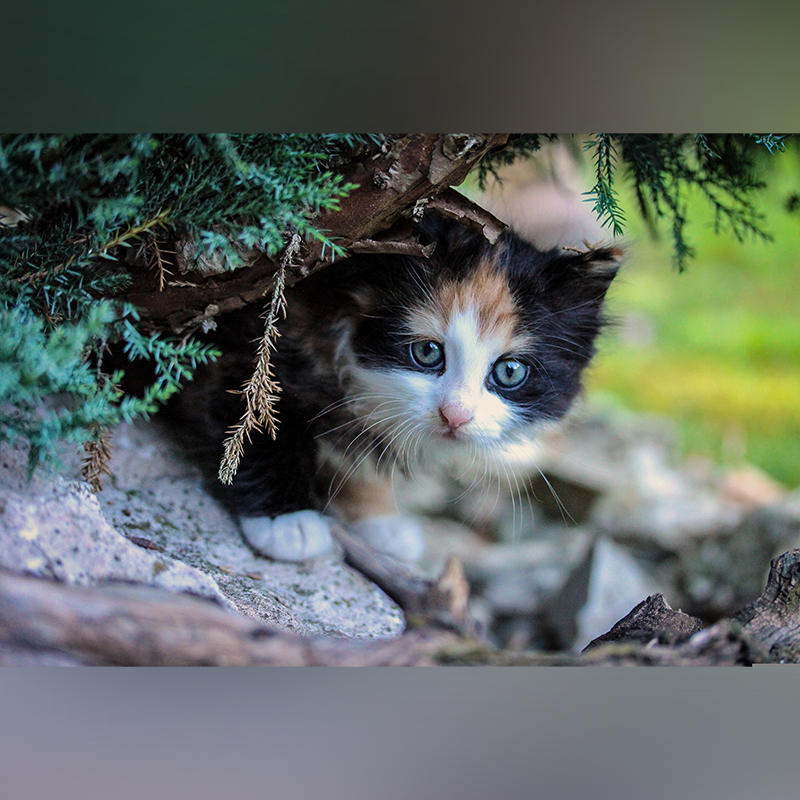
Image by IlonaBurschl via Pixabay
Featured image of cat via Pixabay


